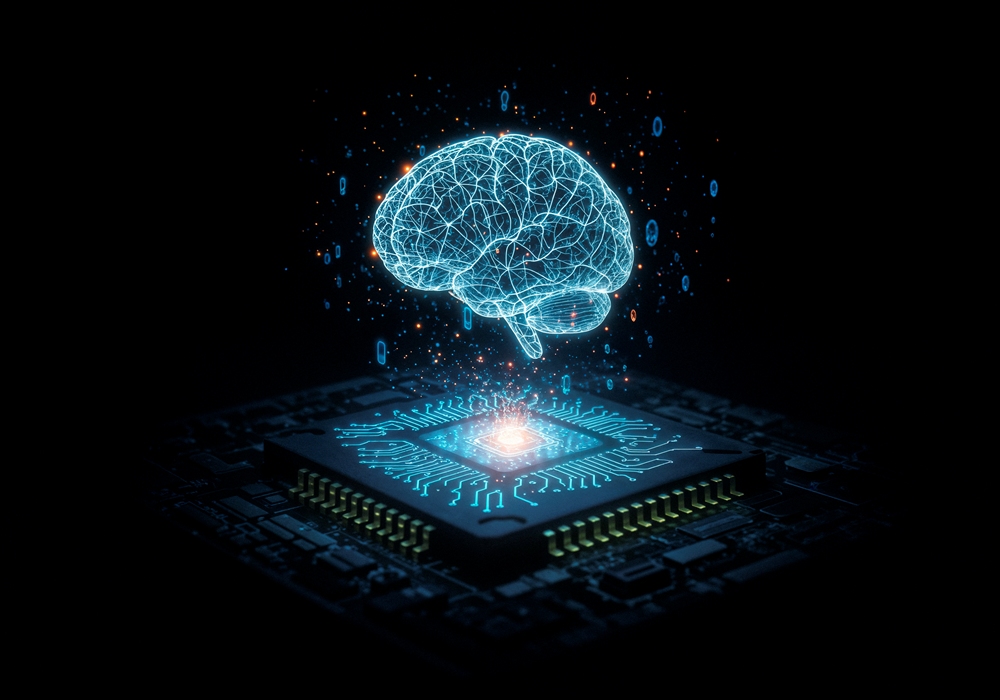Neuralink targets 20,000 brain chip patients by 2031

Elon Musk’s Neuralink expects to implant brain chips in 20,000 people annually by 2031, generating at least US$1bn a year, according to documents reviewed by Bloomberg.
The company plans to operate around five large clinics within six years and offer at least three versions of its device, according to a recent presentation shown to investors.
One version, Telepathy, is designed to enable communication between the brain and machines; Blindsight aims to restore vision to blind people; and Deep would treat tremors and Parkinson’s disease – a neurological condition that affects movement.
Fewer than 10 people are publicly known to have received Neuralink implants so far through clinical trials. No patients currently have devices for restoring vision or treating Parkinson’s.
The internal documents indicate the company expects US regulatory approval for the Telepathy device by 2029, with plans to carry out 2,000 surgeries per year and bring in at least US$100m in revenue.
In 2030, it hopes to launch Blindsight, performing 10,000 surgeries annually and generating over US$500m.
The forecasts are based on what Neuralink calls a “conservative reimbursement of US$50,000 per surgery.”
The documents also refer to the company’s broader ambitions, including potential applications involving deeper access to brain function, though these have not yet been made public.
Neuralink’s plans for Parkinson’s treatment and its financial targets have not been previously disclosed.
The company has raised US$1.3bn from investors and is valued at US$9bn, according to PitchBook.









